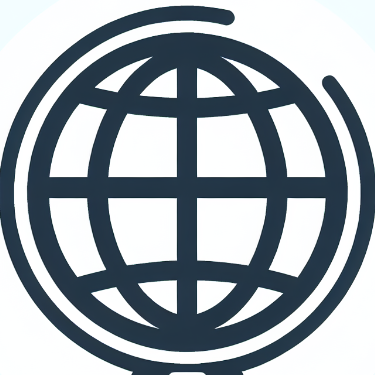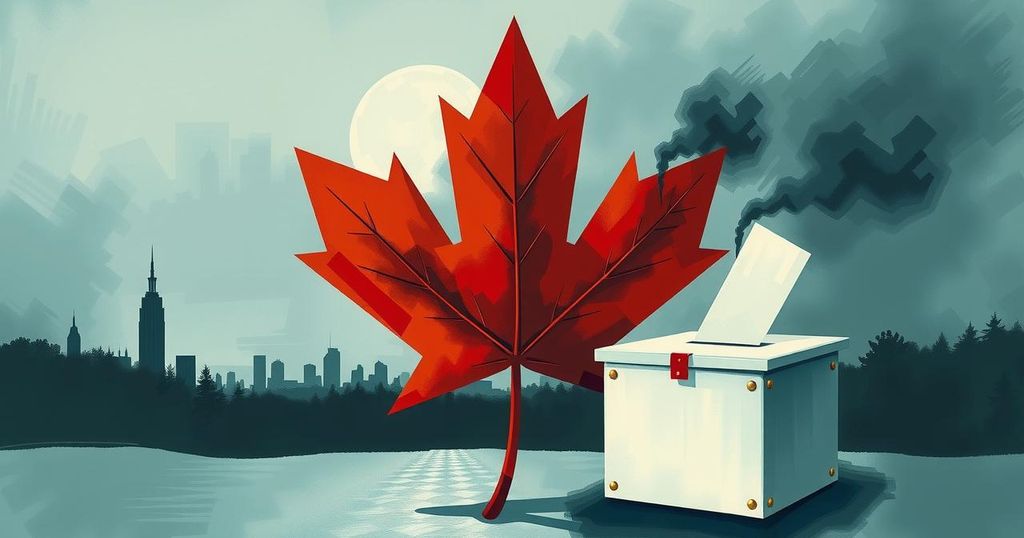Canada’s Political Future: Questions After Trudeau’s Resignation
- Trudeau’s resignation marks a significant political change for Canada.
- The timing of the next general election has been drastically altered.
- Candidates are emerging to fill Trudeau’s leadership void in the Liberal Party.
- Economic relations with the U.S. remain a pressing concern for voters.
- Disillusionment among voters indicates a potential volatile election outcome.
Trudeau’s Resignation Raises Questions About Future Leadership
Canada finds itself on the cusp of a significant political transformation as Prime Minister Justin Trudeau steps back from leadership, marking the end of an era for the Liberal Party. The announcement came as a shocker to many, sparking discussions and uncertainties about the nation’s immediate political landscape and who will take the reins. With Trudeau promising to stay on until a successor is found, the stage is now set for critical discussions about Canada’s future leadership and direction in a rapidly changing world.
Elections Loom as Parliament Suspended
In the wake of Trudeau’s departure, the timeline for the next general election has shifted considerably. Originally slated for October 2025, the political tide is turning fast, as Trudeau’s resignation means Parliament will be suspended until March 24, at which point rival parties are likely to initiate calls for a non-confidence vote. Political science expert Semra Sevi from the University of Toronto notes that this could fast-track an election, potentially occurring as soon as late March 2025. This compressed timeline puts pressure on the Liberal Party to select a new leader quickly, leaving many details to be sorted out in the face of uncertainty regarding the election rules.
Candidates Emerge Amid Political Uncertainty
As for who might fill Trudeau’s shoes, current frontrunner Pierre Poilievre of the Conservative Party has gained significant traction, previously sitting 24 points ahead of the Liberals. Poilievre has skilfully used social media to appeal to voters’ grievances over housing prices and inflation, critiquing Trudeau’s carbon tax. Within the Liberal Party, names like former finance minister Chrystia Freeland and Mark Carney, ex-Head of the Bank of England, have emerged as potential candidates. The pressing question facing the Liberals is how to recapture the trust of disillusioned voters, especially in a landscape populated by leaders whose unfavourability ratings overshadow their appeal. The current sentiment indicates a pervasive dissatisfaction across Canadian politics, raising the spectre of unpredictable electoral outcomes.
With Trudeau’s resignation, Canada is poised for change as leadership questions arise and elections draw near. The economic relationship with the U.S. adds further urgency to the political discussions ahead, making the coming months crucial for navigating both domestic and foreign challenges. Ultimately, the next leader’s ability to reconnect with voters and engage effectively on international fronts will shape Canada’s immediate future.




